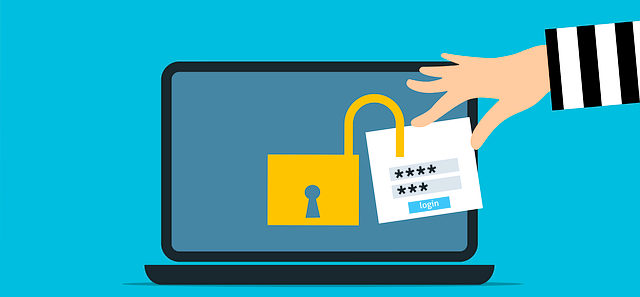With the recent activity of cyber attacks targeting several major Australian superannuation funds, it is an important time now to review your financial security to protect your super account and personal data.
Below is a list of steps we recommend you take to protect your personal data online:
1. Check Your Account for suspicious activity.
Log in to your superannuation account and review your balance and transaction history. Look for any suspicious withdrawals or changes to your details. If you notice anything unusual – transactions you didn’t make, changes you didn’t authorise – report it to your super fund immediately.
2. Change Your Password
Update your password to a strong, unique one that you don’t use elsewhere. The attackers likely exploited reused or stolen passwords to access accounts. Enable two-factor authentication (where you get a code to your mobile, for instance) where possible for extra security.
3. Stay Alert to Phishing Scams
Be cautious with emails, text messages, or phone calls claiming to be from your super fund or other organizations. Do not click on links or provide personal information in response to unexpected communications. If you receive a message about your super account that doesn’t seem right, contact your fund or adviser directly using their official contact details (do not use any phone number or link from a suspicious message).
4. Secure Your Email Account
Ensure your email account has a strong, unique (not used on other sites) password and two-factor authentication is enabled. Be vigilant for any unusual activity, such as login alerts or password reset requests that you did not initiate/request.
Taking the steps above is the best way you can protect yourself. We recommend adopting these steps for all your online accounts, as this can greatly reduce the risk to you from Cyber criminals.
If you have any questions or concerns, or if you need help with any of the steps we mentioned, please don’t hesitate to reach out to us.





